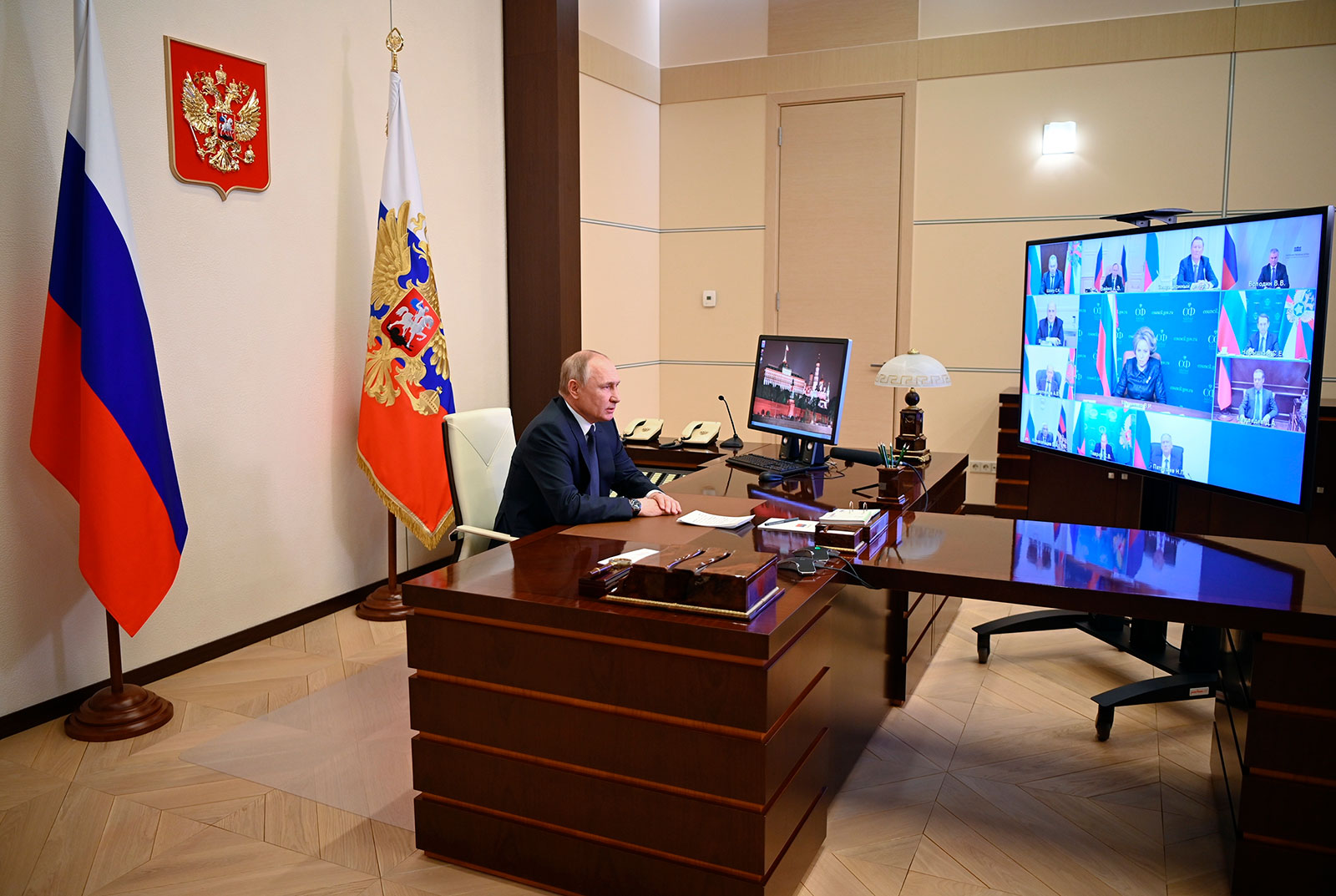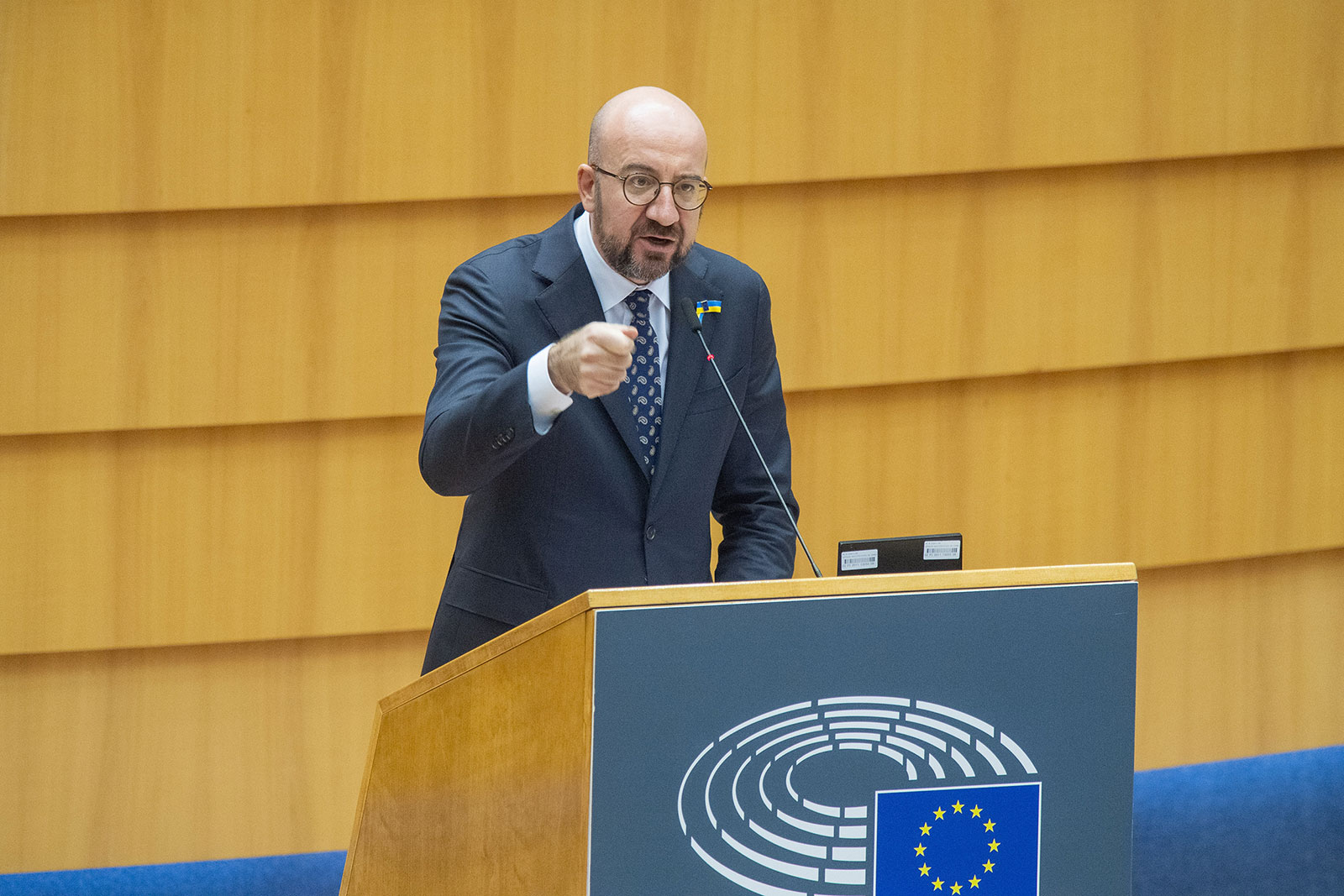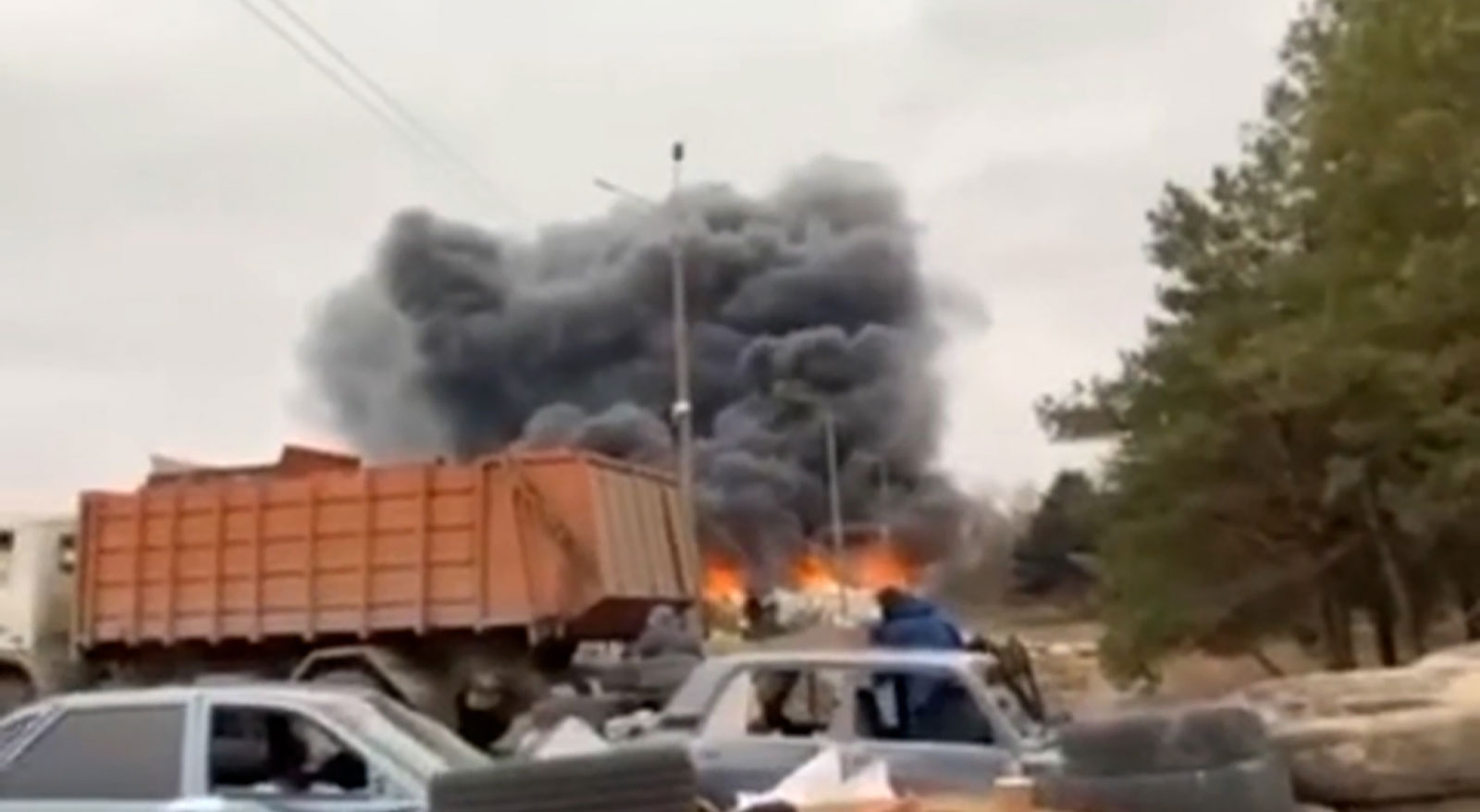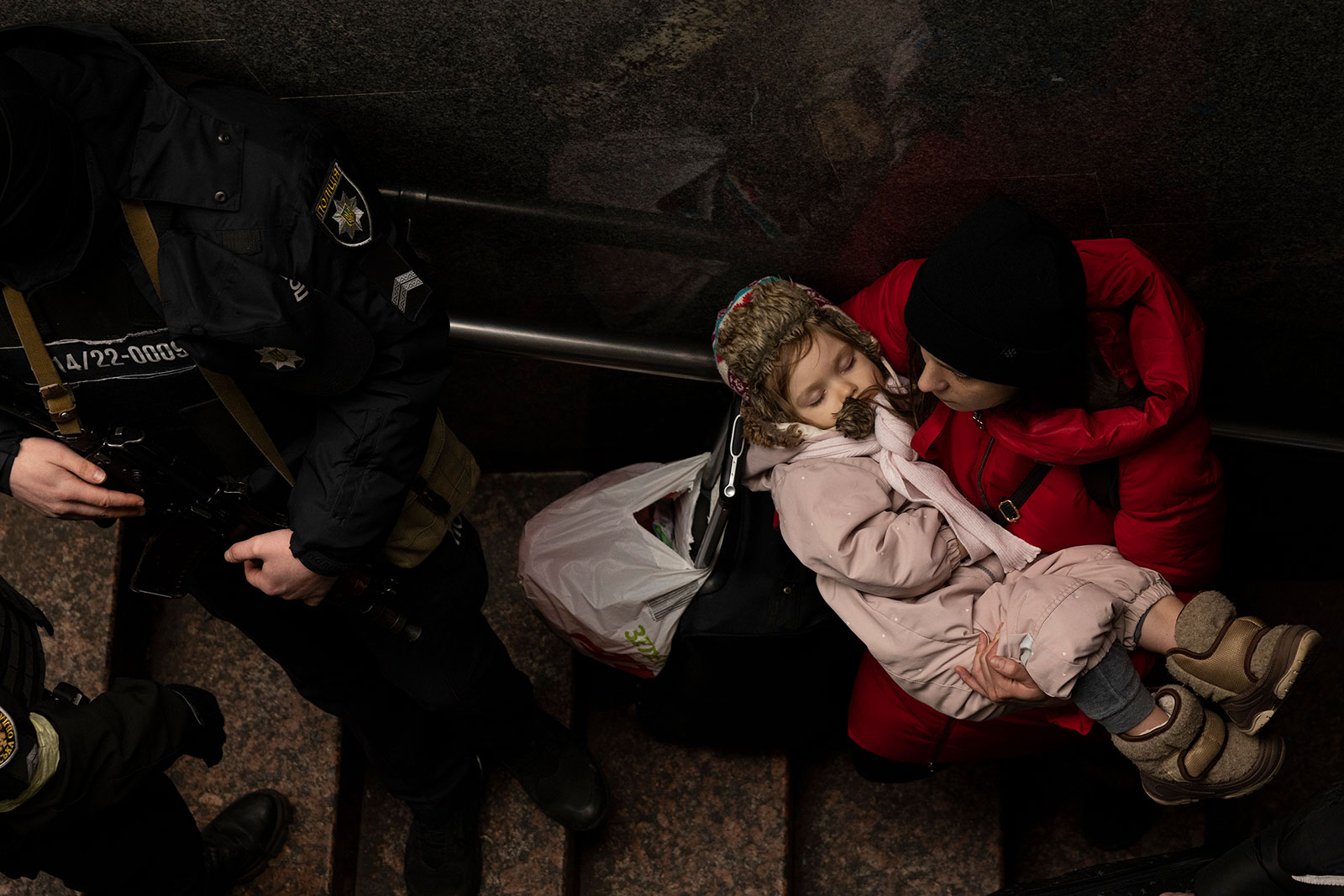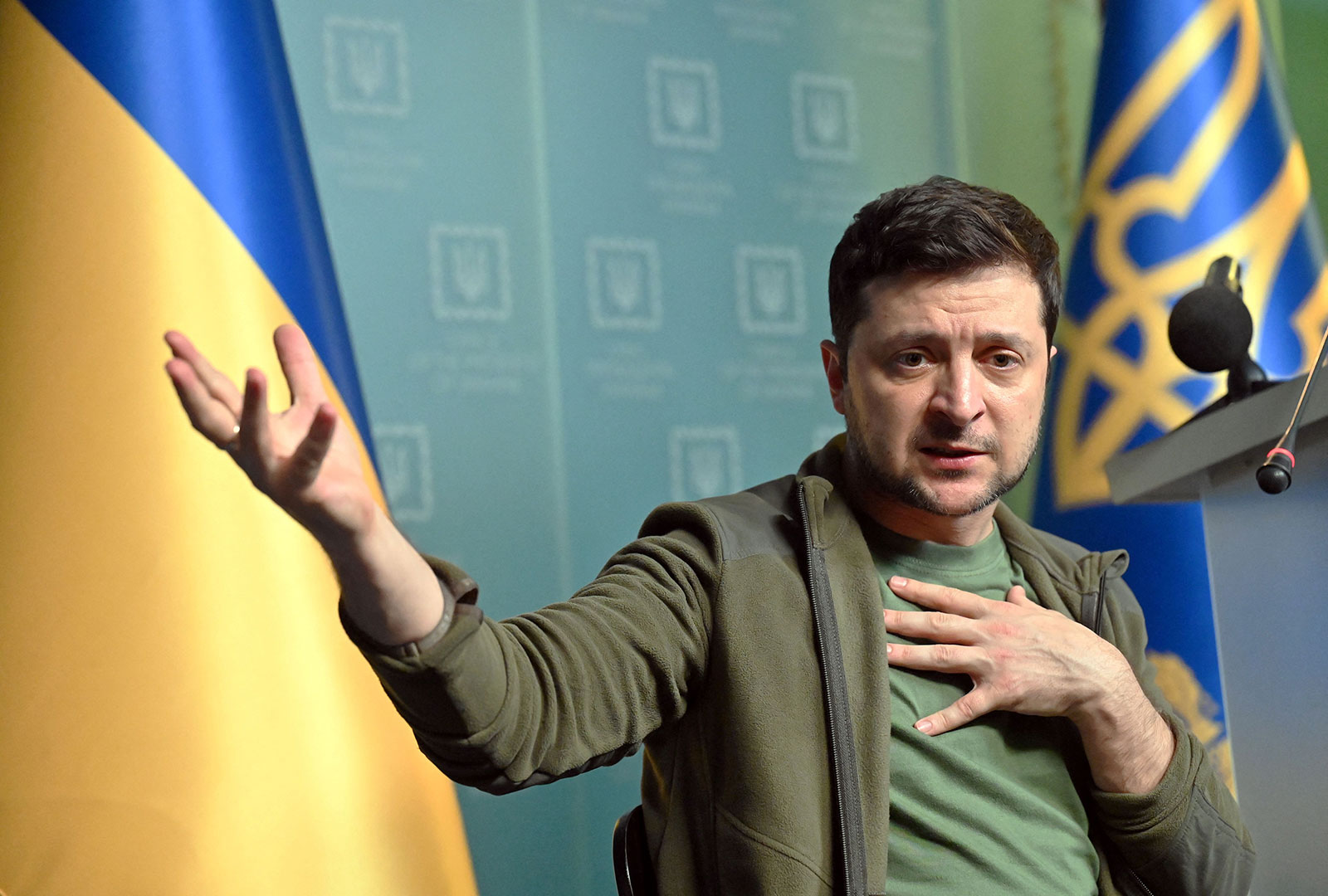The second round of talks between a delegation from Russia and Ukraine in Belarus have ended, the head of Russian delegation Vladimir Medinsky told Russian media, and the two sides have agreed on humanitarian corridors for civilians.
“We have thoroughly discussed three points – military, international and humanitarian, and the third one is an issue of a future political regulation of the conflict. Both positions are clear and written down. We managed to agree on some of them, but the key thing that we have reached an agreement on today was a matter of rescuing civilians who found themselves in a military clash zone. Russian and Ukrainian defense ministries agreed on providing humanitarian corridors for civilians and on a possible temporary ceasefire in areas where evacuation is happening,” Medinsky told media.
The talks lasted for two-and-a-half hours.
Meanwhile, a Ukrainian negotiator on Thursday said that the talks didn’t deliver results that Ukraine needed, but he said there is a "solution only for the organization of humanitarian corridors."
"The second round of negotiations is over. Unfortunately, the results Ukraine needs are not yet achieved. There is a solution only for the organization of humanitarian corridors," senior Ukrainian official Mykhailo Podolyak said in a tweet.
Another member of the Russian delegation, Leonid Slutsky, told Russia 24 that both sides have agreed on the third round of talks, which will happen in the “nearest future.”
